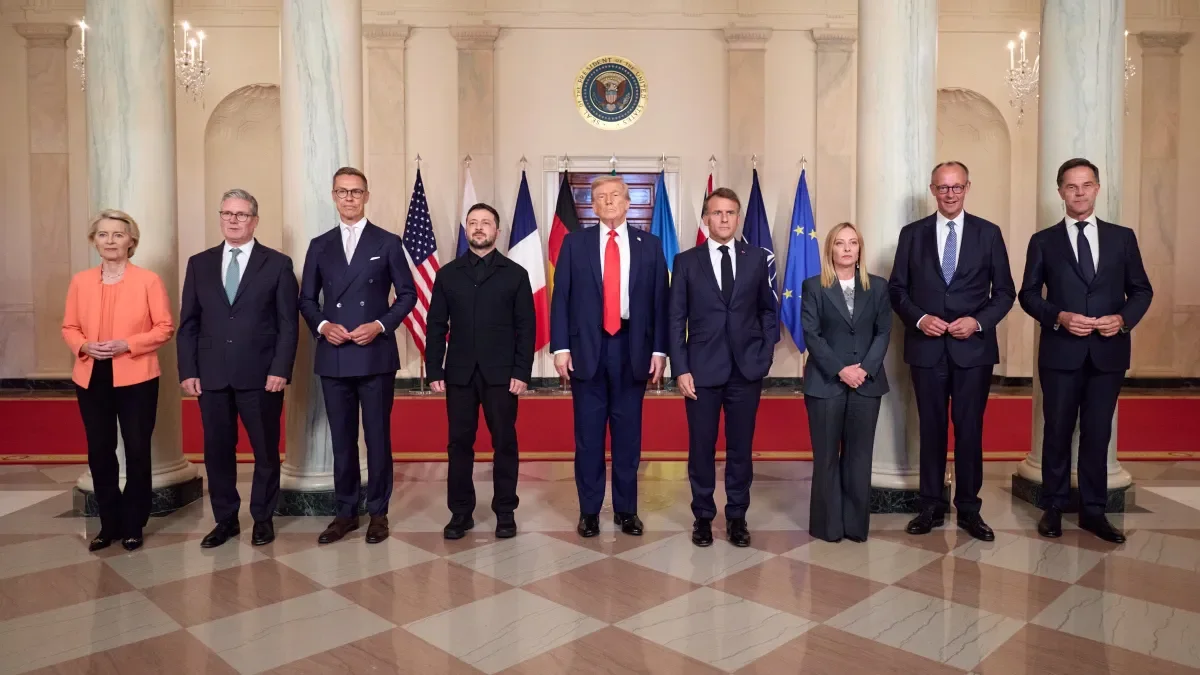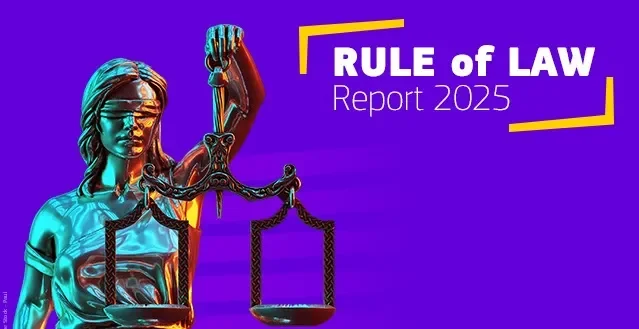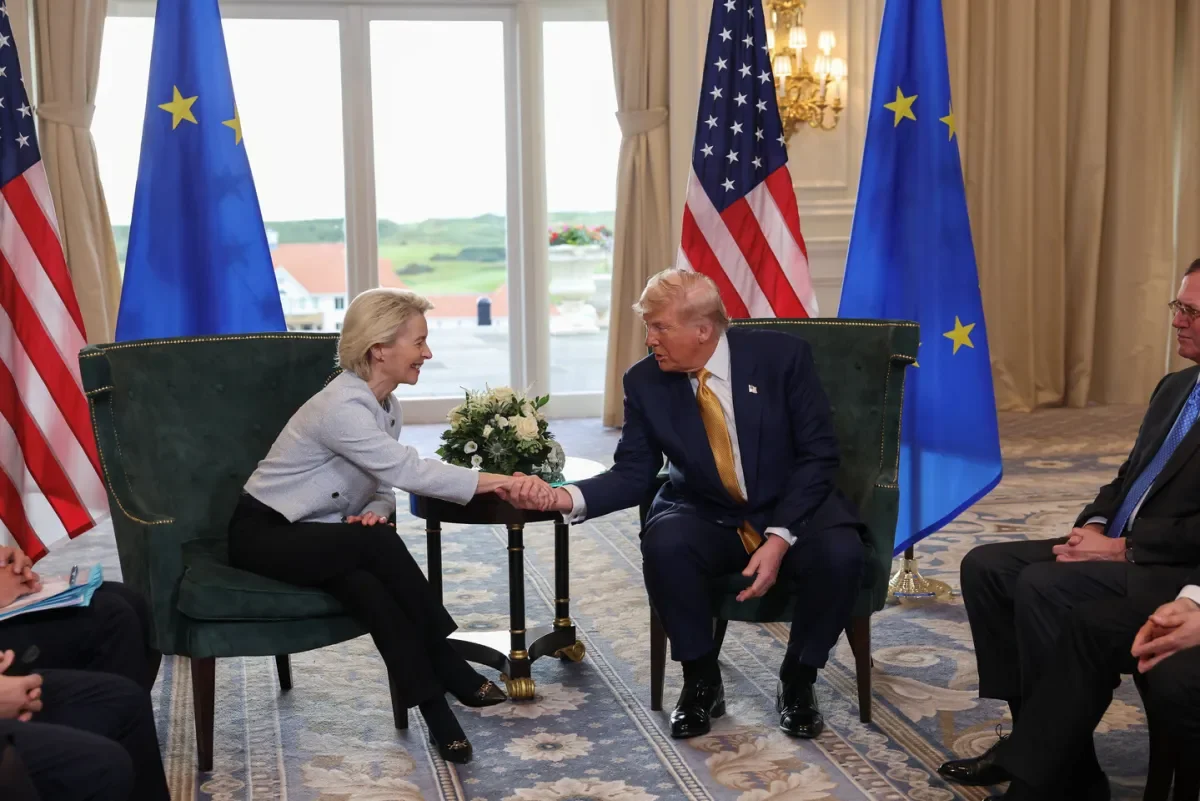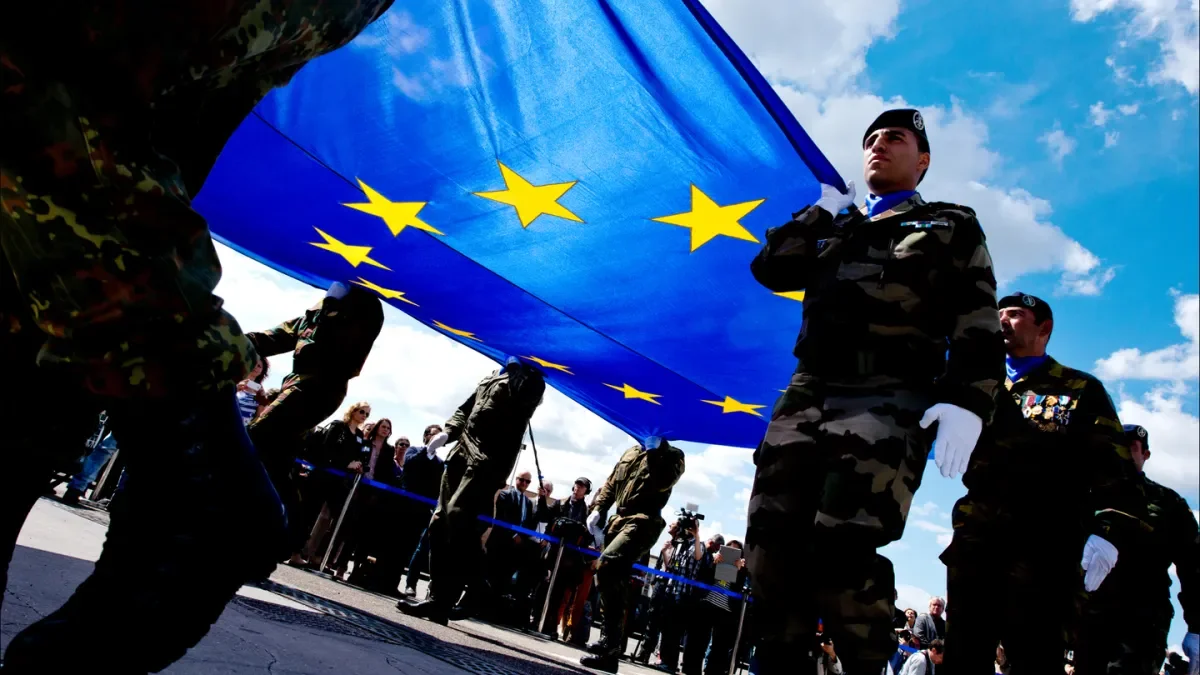
Davide Genini (Dublin City University)
The European Union (EU) has faced two major geopolitical failures over the past five years. First, it was unprepared to support Ukraine when Russia launched its brutal and illegal large-scale invasion on 24 February 2022. Second, it was similarly unprepared to assume greater responsibility for its own defence following the re-election of Donald Trump on 7 November 2024. The irony is stark: both events—each triggering unprecedented geopolitical shocks to European security since the end of the Second World War—were entirely predictable.
President Putin outlined his imperial ambitions as early as the 2007 Munich Conference, followed by the illegal annexation of Crimea in 2014. Similarly, Trump had repeatedly warned European allies against ‘free riding’, singling out Germany as ‘delinquent’ during his first term (2017–2021), and reiterated during his 2024 campaign that the US would not protect countries investing less than 5% of their GDP in defence. In short, the EU has lacked strategic foresight in recent years.
In my article, ‘Effects of the War in Ukraine on the Development of the EU Common Foreign and Security Policy’ published in the European Foreign Affairs Review, I argue that these geopolitical shortcomings underscore the need for a federally oriented reform of the EU’s founding treaties.
The direction is now clearer. The EU held the innovative Conference on the Future of Europe in 2021-2022 and produced the influential Letta and Draghi Reports in 2024. These initiatives have—albeit belatedly—addressed the EU’s strategic disorientation. Yet, the critical next step remains unfulfilled: implementation. Although a coherent roadmap has emerged, a key question persists: Is the EU capable and politically willing to follow through?
Crucially, these strategies promote a federalist vision that balances the completion of a competitive single market with the need to protect EU territory. They propose a massive annual investment of €800 billion in defence and strategic autonomy through 2030. Institutionally, the EU is urged to abandon unanimity in Common Foreign and Security Policy (CFSP) decision-making in favor of Qualified Majority Voting and to streamline its legislative procedures, which currently average 19 months. For instance, the European Defence Industrial Programme (EDIP)—the EU’s most important instrument for supporting the defence industry—has been delayed by 14 months due to procedural gridlock. Substantively, the EU must condition access to the EU budget on compliance with the rule of law; prioritise internal political consolidation over rapid enlargement, using an Enlargement Solidarity Facility to offset associated costs for Member States and maintaining unanimity as the default rule for enlargement decisions. Furthermore, it should establish an Economic Security Council, create a Single Market for Defence to reduce fragmentation and intra-EU trade costs, reduce strategic dependencies—especially on the US, which accounted for 63% of EU defence imports in 2022–2023—and pursue deeper integration of European armed forces.
However, the EU appears politically unprepared to embrace such an ambitious reform agenda. While France, Germany, Italy, the European Commission, and the European Parliament support convening a new convention to pursue federal-style reforms, the EU remains deeply divided. A majority of Member States—particularly in Eastern and Northern Europe—as well as the Council of the EU and the European Council, oppose any significant institutional changes. Legally, Article 48 TEU further complicates reform by requiring unanimity among Member States and ratification in accordance with their respective constitutional procedures.
In a rapidly evolving geopolitical environment, the EU’s inability to respond decisively poses a critical risk. If it remains mired in institutional inertia and political indecision, the EU will fail to meet both citizens’ expectations and expert recommendations for strategic adaptation. Ultimately, unless the Union moves beyond sterile debates and acts on its reform agenda, it will be forced to scale down its geopolitical ambitions and continue to operate as a political dwarf on the global stage.
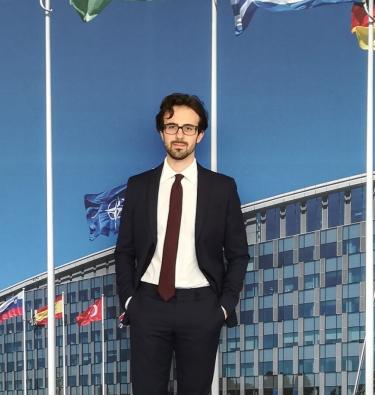
Davide Genini is a PhD candidate in EU Law at Dublin City University. His research focuses on EU-US foreign and security law, defence industrial law and NATO law.

